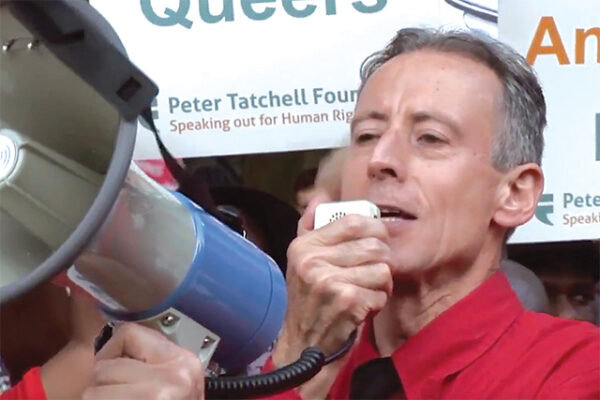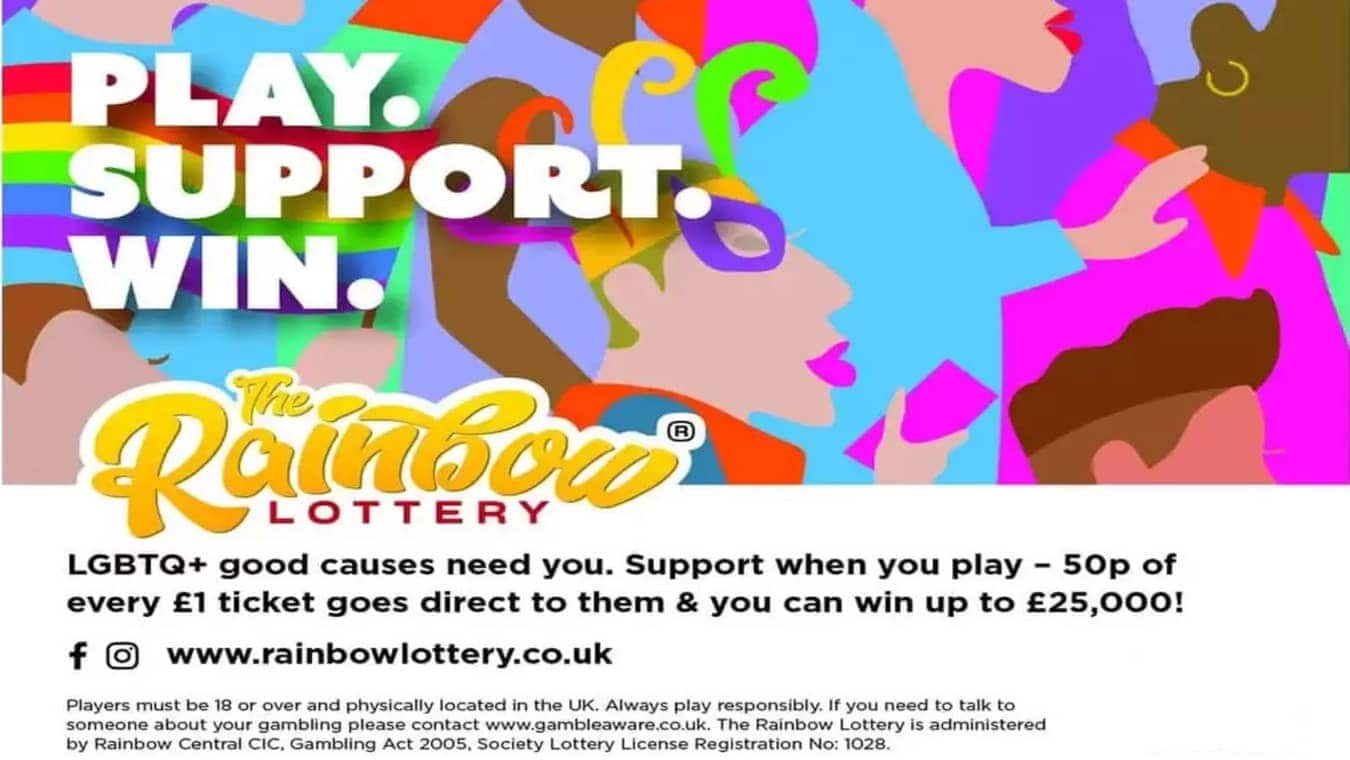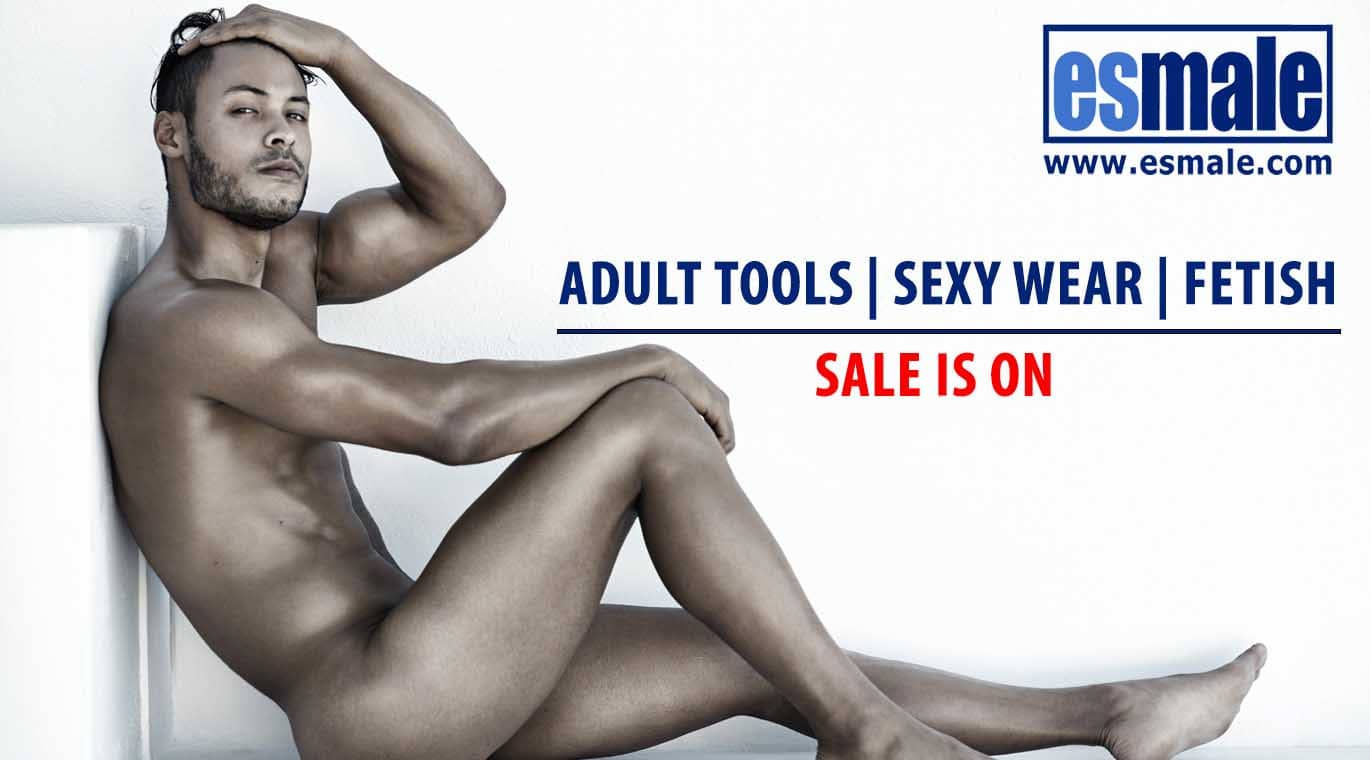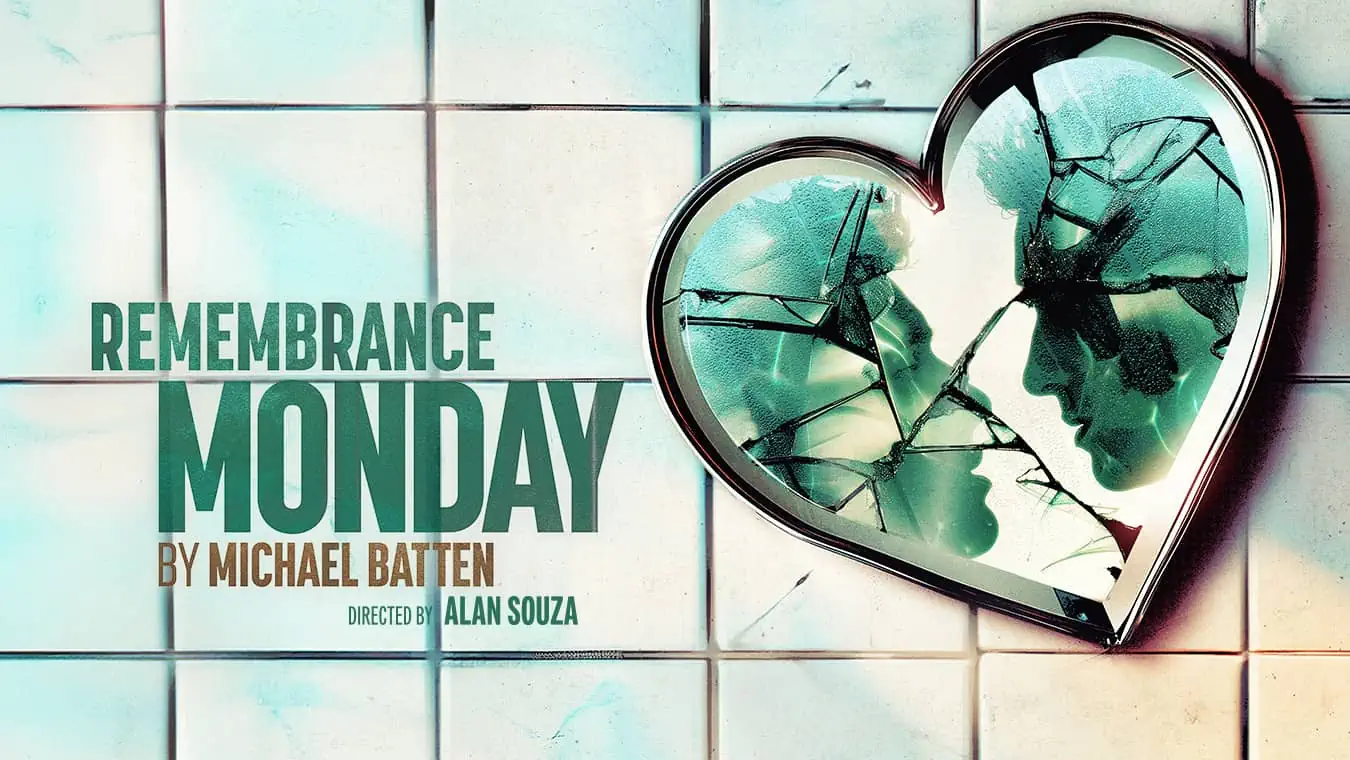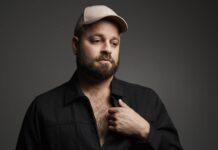We speak to filmmaker Chris Amos on his upcoming documentary narrated by Ian McKellan, which promises to give a unique and unbiased window into the life of one of the world’s most notorious activists.

Hi Chris! First of all, why do you feel it’s so important to make this film?
When I first met Peter Tatchell 16 years ago I admired his point of view and his common sense. Also his dedication to campaign work for human rights all around the world not just in the UK. The passion is incredible. I’ve come to appreciate firsthand Peter’s eccentricities, his meticulous organisational detail, and his bravery defending human rights. But despite his efforts, he has come under severe criticism. He is the person who for decades the media and critics loved to hate. Through this documentary, audiences will have the chance to meet the real man and hear the true story. Peter grew up in Australia, in a family dominated by church life. He has based himself in London to achieve his ambitions. In doing so, he has been able to give himself a far-reaching platform to speak out for human rights. I think audiences will be inspired by his life.
Why is the film contentiously titled “Hating Peter Tatchell”?
I don’t want this film to just glorify and praise Peter’s work. I will be showing this film through the eyes of people who have criticised Peter over the past fifty years. I want to see how they were affected by Peter’s direct action campaigns, and see what their opinions are now in hindsight. I don’t know if there will be a negative or positive response but as a documentary filmmaker, I’m hoping audiences will be interested to see how his opponents justify their viewpoints on the hot topics.
What impact do you think this film will have on the LGBTIQ community and the community as a whole?
The best documentaries are ones that make you feel something, that make you want to do something. If by sharing Peter’s life story, this movie inspires people to go out and campaign for something they believe in, to go and fight injustice, then I will have made the film I wanted. Peter is a shining example of how one person can make the world a better place. Also, I want to show audiences how Peter’s campaigns have affected people. At the time, many were upset by his Easter sermon protest, but you know what, it made the Church of England think about their position on LGBT issues and brought them to the negotiation table. The list of causes he has helped move forward is considerable.
Why do you think Peter Tatchell was subject to hate for so long, and why has that perception now changed?
Society is usually unkind to those who shake up the status quo. People are afraid of change. Also in Peter’s case, he makes people have to think about their own views on human rights issues. Sometimes facing ugly truths can be terribly shaming. A lot of people feel his direct action tactics are a step too far, too confrontational. But Peter is actually one of the most peaceful people I’ve met. He is non-violent and uses words not weapons to make his point. He has spoken out for human rights abuses when others have stayed silent. Next year he will have been doing this for fifty years! It’s hard to not respect someone who has given their life to righting wrongs in society, even if you do have a different opinion.
How did you get Sir Ian McKellen on board?
Peter has a lot of celebrity supporters, including Sir Ian McKellen, who is a patron of the Peter Tatchell Foundation – and he himself is a longstanding human rights activist and has supported many campaigns. Having Sir Ian narrate this film will hopefully help the documentary reach audiences who might not otherwise have watched it. Hopefully when they do watch, they will see the admirable qualities that Sir Ian and I both see in Peter.
How different have you found the LGBT culture in London compared to Australia where you and Peter both grew up.
I was a child growing up in a small Australian town, Rockhampton in the 80s. Our family were friends with lesbian families. At first, growing up, I was unaware of any stigma. By the time I was twelve years old, in grade eight at school, I started to realise I was gay. The other children at school were starting to tweak too. I was bullied by them, name-calling mainly and I was excluded from peer groups. The pressure made me beg to leave Rockhampton to go to boarding school in Brisbane instead. Which didn’t really help matters as I was bullied there too! My nickname was “Gaymos”. It’s hard growing up in Australia as a gay person. Especially when the government does not give the community equal rights, which basically tells bigots that we are not equal to the straight community. When I meet people overseas they are surprised to hear me tell them how homophobic Australia is, as they perceive it to be a very liberal society. London on the other hand, draws a lot of gay people to live here because they can be accepted and integrate much more easily. In fact, we are celebrated here.
Why do you want to make the documentary now?
In 2017, Peter will have been campaigning for human rights for fifty years. This is a milestone that needs to be acknowledged. It is also timely because showing how much has been achieved in the past fifty years, we can all have hope that even more injustices will be put right over the next fifty years. Especially at a time like now, when it sometimes feel like we are going backwards with regards to human rights, we need to be reminded this is a fight that never ends and that through persistence and people like Peter Tatchell, there is hope.
• To contribute to the crowdfunding campaign which is raising funds to help release Hating Peter Tatchell, head to https://www.kickstarter.com/projects/christopheramos/hating-peter-tatchell-a-documentary-film

